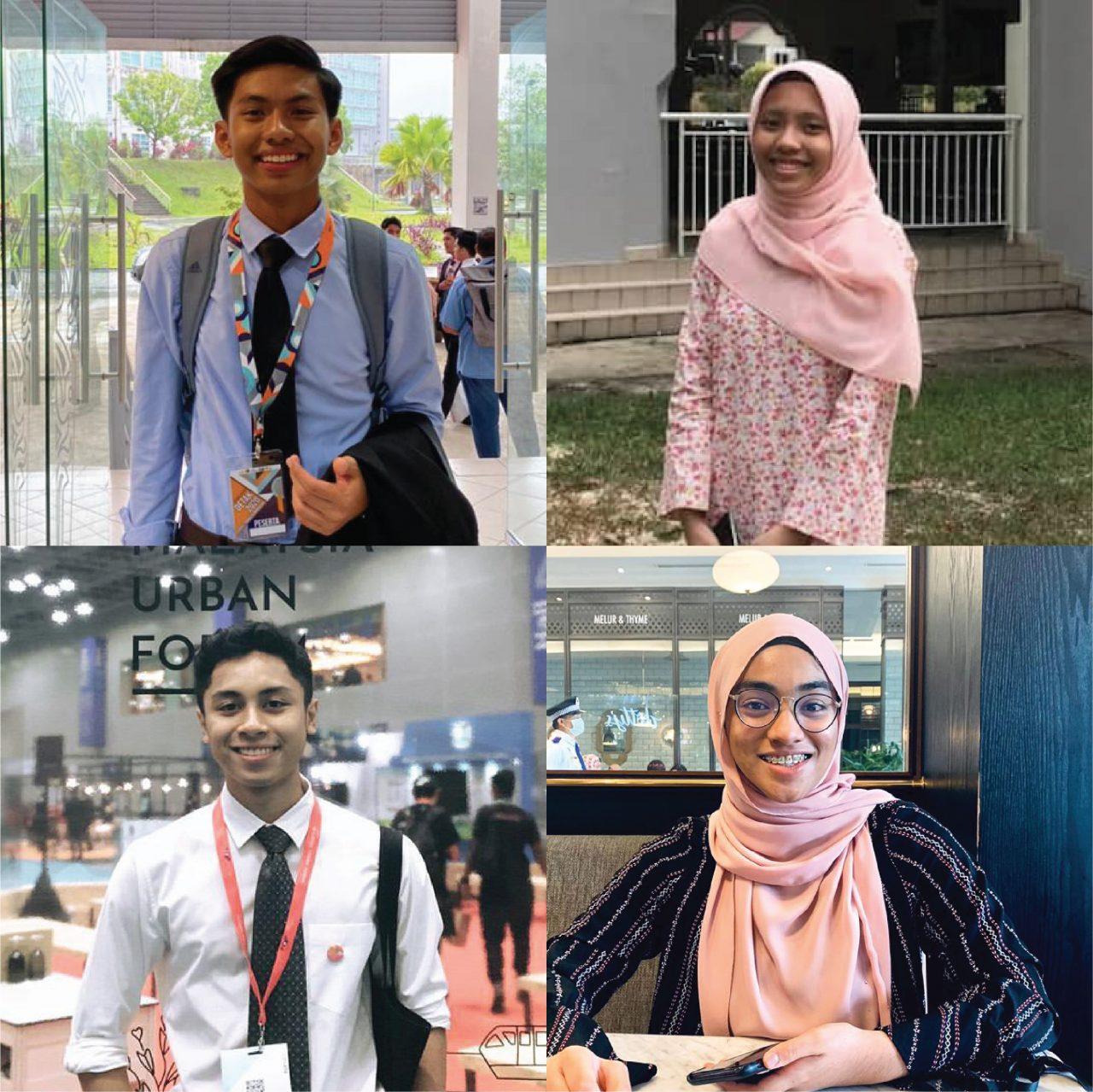Undi 18: Ready or not, here they come?
What began as a unanimous vote in the halls of power now seems to be faltering as youth and lawmakers alike question how prepared teenagers are to help determine the country's future.
Just In
With just four months left before a constitutional amendment allowing teens as young as 18 to vote is slated to kick in, questions have arisen about whether they are ready for this particular civic duty, among the country’s lawmakers who themselves passed the bill in Parliament – but also among the youth.
The Constitution (Amendment) Bill 2019 or Undi 18 bill was passed by the Dewan Negara in July 2019 after gaining unanimous approval in the Dewan Rakyat. It was gazetted two months later, giving the government two years to lay the groundwork for its implementation.
But some lawmakers appear to be having second thoughts about the bill, including Dewan Negara Speaker Rais Yatim who recently said it was impractical to allow 18-year-olds to vote, at least for now.
The 78-year-old is not alone in his qualms – many on social media who have voted in elections before are also questioning the move.
They say 18-year-olds are not mature enough to make decisions that will have a bearing on the country’s future.
And some teenagers agree.
Fresh from sitting for his SPM exam, Muhammad Fathullah Zulqarnain from Pekan in Pahang says his circle of friends believe their generation is nowhere near ready to vote in an election.
“I don’t think I am ready to vote,” he told MalaysiaNow.
“When I look at my friends, I don’t think we are showing signs of being ready. We are still naive, and there’s still a lot that we need to learn about politics.”
For him, this is the biggest concern.
“Can you imagine if the youth made a terrible choice due to negative political influence? This could put the country’s future in jeopardy.”
Others say the notion that their generation is not ready to vote is itself the problem.
Nurul Rifayah Muhammad Iqbal, 18, says politics is often portrayed to the youth as something to fear.
Political literacy is not an accesible topic for teenagers, she told MalaysiaNow.
“I think my generation isn’t ready because we don’t have the freedom to talk about it,” she said. “We can’t even name politicians in our examinations because they portray politics as something that we should avoid.”
The issue, in the end, is larger than just the country’s political arena, she added.
“We know this isn’t about politics. This is about our rights. If you think that we are not ready, then you are the one who should change the system and make us understand why we should vote for our country.”
Muhamad Zikry Muhammad Said from Semenyih, Selangor, sees it as his responsibility to educate himself as well as his friends on the country’s current affairs.
“We cannot run away from politics,” Zikry, 19, said.
“If I hang out with my friends, I try and discuss politics and current issues with them. In a way, they would be aware of the current issues in the country.”
And with the internet, ever-advancing technology and the advent of social media, staying updated on current affairs has never been easier.
Nawal Athirah Omar said it was through social media that she discovered her role in the country was far more important than she had been told.
“I was 17 when I started to educate myself on politics through social media,” she said to MalaysiaNow.
“That’s when I realised that the youth need to be empowered to understand that they are important to the country’s future.”
She said those in her generation should be introduced to the voting system as part of efforts to raise political awareness among the youth.
“Undi 18 is supposed to be a wake-up call,” she added.
Here, though, some pessimism seeps through. “Just because they hear us doesn’t mean they listen to us.”
Muhammad Ariff Aiman from Pengkalan Chepa, Kelantan, is hopeful about the future. But he is also worried that his voice does not represent the majority of his generation.
“We just didn’t have a platform to express how we felt,” he said. “But we share the same progressive views. We are aware that things in the country need to change.”
He, too, has his doubts and fears.
“Maybe we are the loud minorities. That’s what I’m afraid of.”
Subscribe to our newsletter
To be updated with all the latest news and analyses daily.
